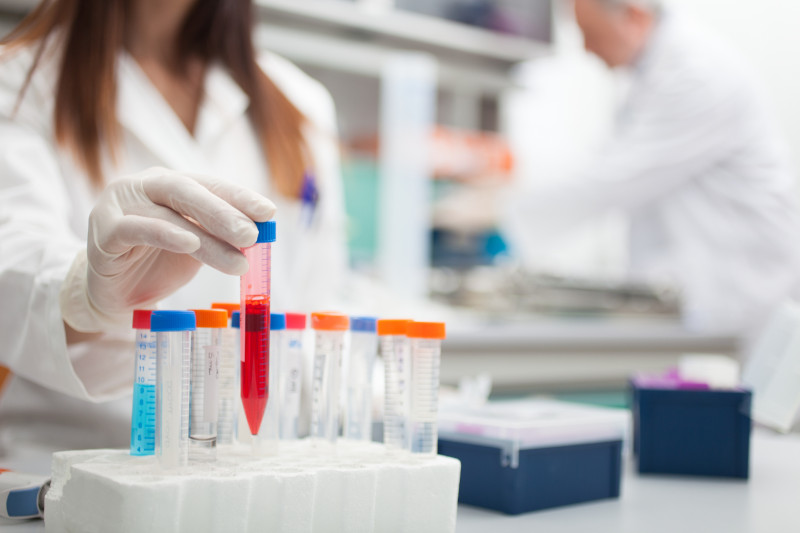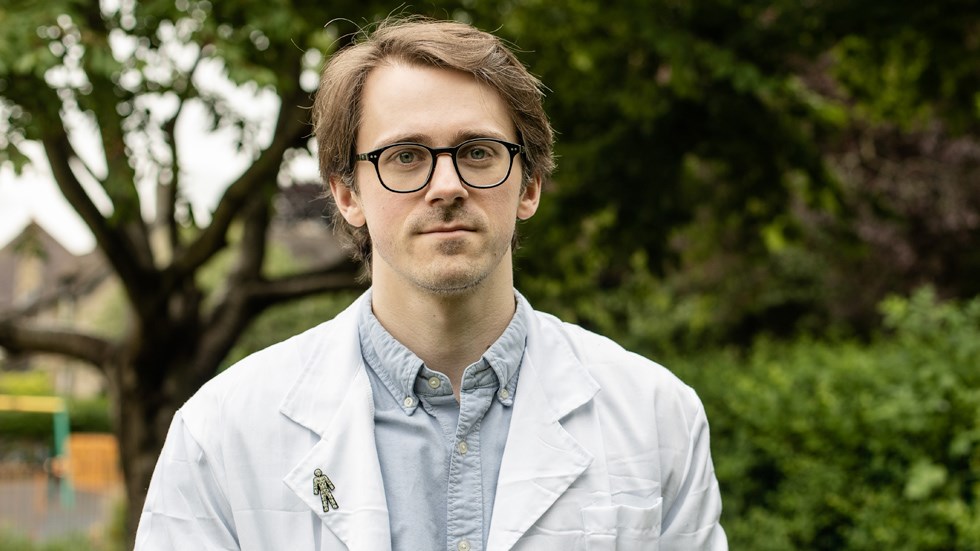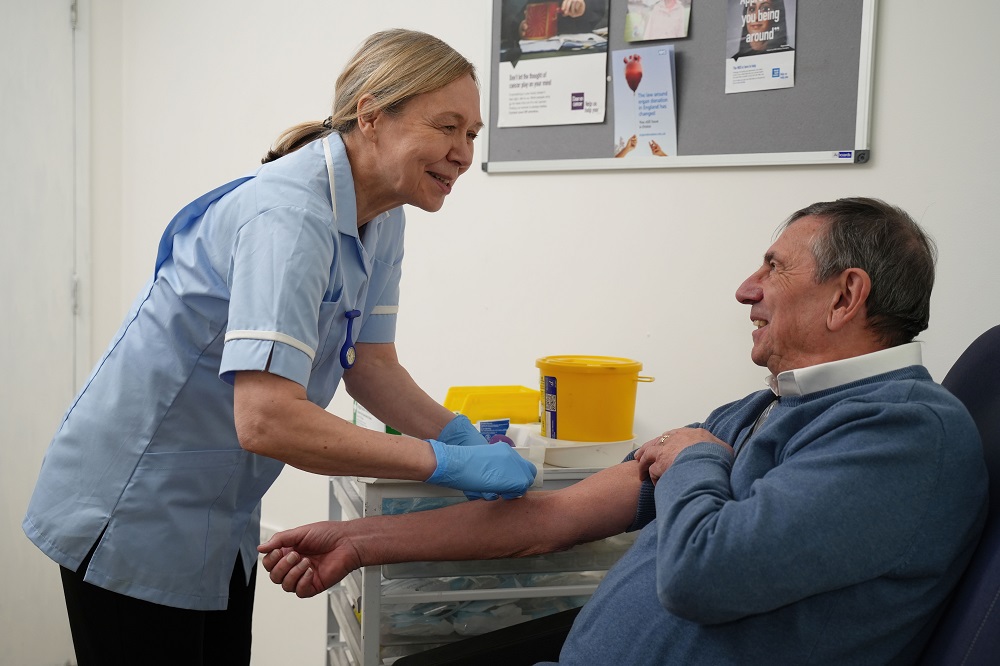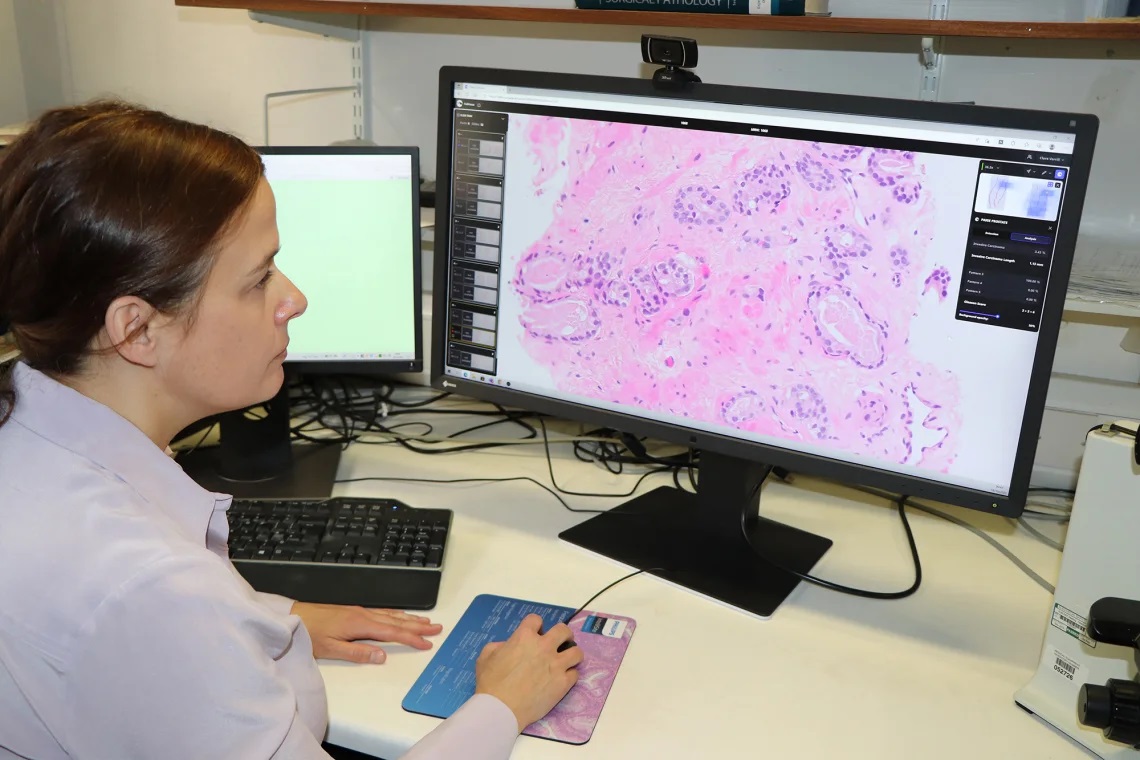Research
20 Dec 2023How 2023 has paved the way for a screening programme for prostate cancer
Thanks to you, we took huge strides towards a screening programme for prostate cancer in 2023. From faster and more accurate MRI scans to a £42m clinical trial, here are some of the biggest discoveries and breakthroughs that you made happen.

We started the year with a resolution to overhaul the way men are diagnosed with prostate cancer, as our research revealed a stark north-south divide in late diagnosis.
The data showed that men in the north of the UK are much more likely to be diagnosed late than men in the south. In London, for example, just 1 in 8 men (12.5%) with prostate cancer are diagnosed with metastatic disease, whereas in Scotland more than 1 in 3 (35%) are diagnosed late, at stage 4.
It’s further proof of just how vital it is for us to develop a screening programme to ensure men are diagnosed earlier and more accurately. This year we took huge strides towards making this a reality in the UK.
Here are a few of the exciting discoveries and breakthroughs your support has made happen.
New tests for prostate cancer
Improving diagnosis for men will also need better tests – followed by better treatments if they turn out to have prostate cancer. That’s why in 2023 we announced a further £3m investment in research into the next generation of tests and treatments.
The projects will investigate all aspects of prostate cancer, from the underlying biology that drives it, to the weaknesses that could uncover new paths to treating it.
In Swansea, for example, Dr Jason Webber is looking to create a new type of blood test for prostate cancer. This test could determine a man’s risk of developing the disease, making it easier to find it when it is still curable.
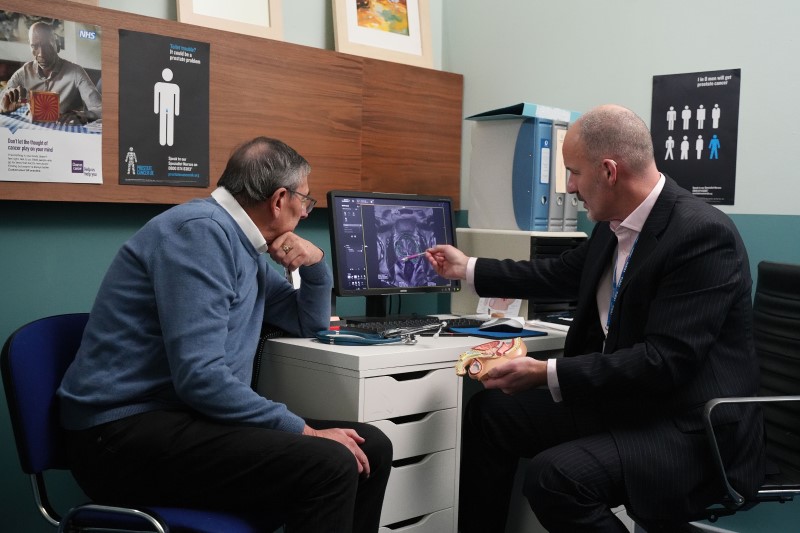
Faster, more accurate MRI scans
We also funded research that showed that simple changes can vastly increase the quality of MRI scans, giving men a faster, more accurate diagnosis.
For men with suspected prostate cancer, better quality MRI scans make it easier for doctors to make treatment decisions, and to pinpoint the most suspicious areas to test with a biopsy.
And for men without the disease, it means doctors can be more confident in ruling out the disease without a biopsy, sparing these men an invasive and often painful procedure.
With the tweaks, three times as many MRI scans were good enough quality for doctors to either identify or rule out prostate cancer – making a big difference to men’s diagnoses with very little effort.
Our clinical trial to transform prostate cancer diagnosis
Finally, in November, we announced our £42 million TRANSFORM trial, which aims to save thousands of men each year by finding the best way to screen for prostate cancer.
Led and developed by us, and backed by £16 million of Government funding, the trial will involve hundreds of thousands of men – making it the biggest prostate cancer diagnosis trial in 20 years.
The trial will compare the most promising tests and provide definitive evidence for the best way to screen for prostate cancer so that, in future, all men at risk will be invited for regular tests that can find the disease as early as possible.
Looking ahead to 2024
As we start 2024, we’re excited to keep you updated on how these and other research projects are advancing.
We’re already planning the next round of new grants to improve prostate cancer diagnosis even further, and we’ll be announcing more details about our £42m TRANSFORM trial in spring.

